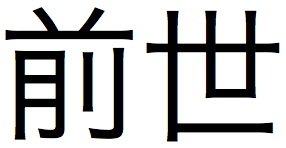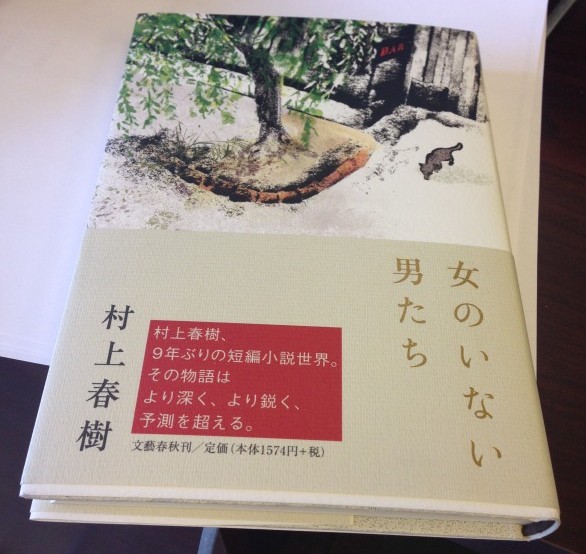Hey folks, sorry I haven’t rapped at ya lately. I’m still working my way through 女のいない男たち, but it’s been slow going and has derailed my work on Hard-boiled Wonderland: I’ve only read two stories and the forward so far, and I skipped over “Drive My Car” (which I read in 文藝春秋 last fall), so I have 2.5 stories left. My attention span feels shot these days, thanks in part to work but also to the NBA playoffs (and now the Finals!). There were games every day for a while and then every other day, and now my Spurs are in the Finals again and the emotional toll is brutal: Controlling my emotional landscape is the game within the game.
Another thing is that the stories have been less than spectacular so far. “Drive My Car” was okay, from what I remember, but I don’t feel any desire to reread it in Japanese just yet, maybe once the translation comes out. “Yesterday” will be in the June 9 fiction issue of the New Yorker and is already online for subscribers. It was okay. “Independent Organs” (it should definitely be “organ” and not “body” as I suggested in my post about the collection) was disappointing and a bit lame. So far “Scheherazade” has the most compelling start, and it partly has to do with the cool kanji compound 前世 (ぜんせい).
Even beginner students should be able to draw out the meaning of this compound based on the basic rules for kanji compounds. This is, I believe, one of the Adjective + Noun varieties. 前 (before) + 世 (world) = the previous world = past life.
The word gets used in this passage:
「私の前世はやつめうなぎだったの」とあるときシェエラザードはベッドの中で言った。「私にははっきりとした記憶があるの。水底で石に吸い付いて、水草にまぎれてゆらゆら揺れていたり、上を通り過ぎていく太った鱒を眺めていたりした記憶が」
“I was a lamprey in a past life,” Scheherazade said in bed one time. “I have distinct memories of it. Of sticking onto rocks at the bottom of the water, of slipping in between seaweed and waving in the current, of looking up at a fat trout as he passed overhead.”
So that’s a nice little passage, very typically Murakami, I’d say.
But I think these stories have bored me a little because there is just so little action. One commonality that ties them all together so far is that, much like the stories in Dead Heat on a Merry-go-round, storytelling itself is a theme. But Murakami was more adept at shifting between narrating the person telling the story and narrating action directly in that 1985 collection. And I believe they were shorter than these stories (eight stories as opposed to six spread out over fewer pages?). I’m curious to know why he’s chosen to work with the current length. My gut instinct is that these are the first short stories he’s written in a long time and he feels the need to have his form take a “step,” which maybe he felt he took with novels by writing 1Q84 (his attempt at a “comprehensive novel”).
At any rate, I have higher hopes for “Scheherazade,” and I’m curious to see what he does with the stories of shorter length toward the end of the collection. I’ll try to check back in before too long.


